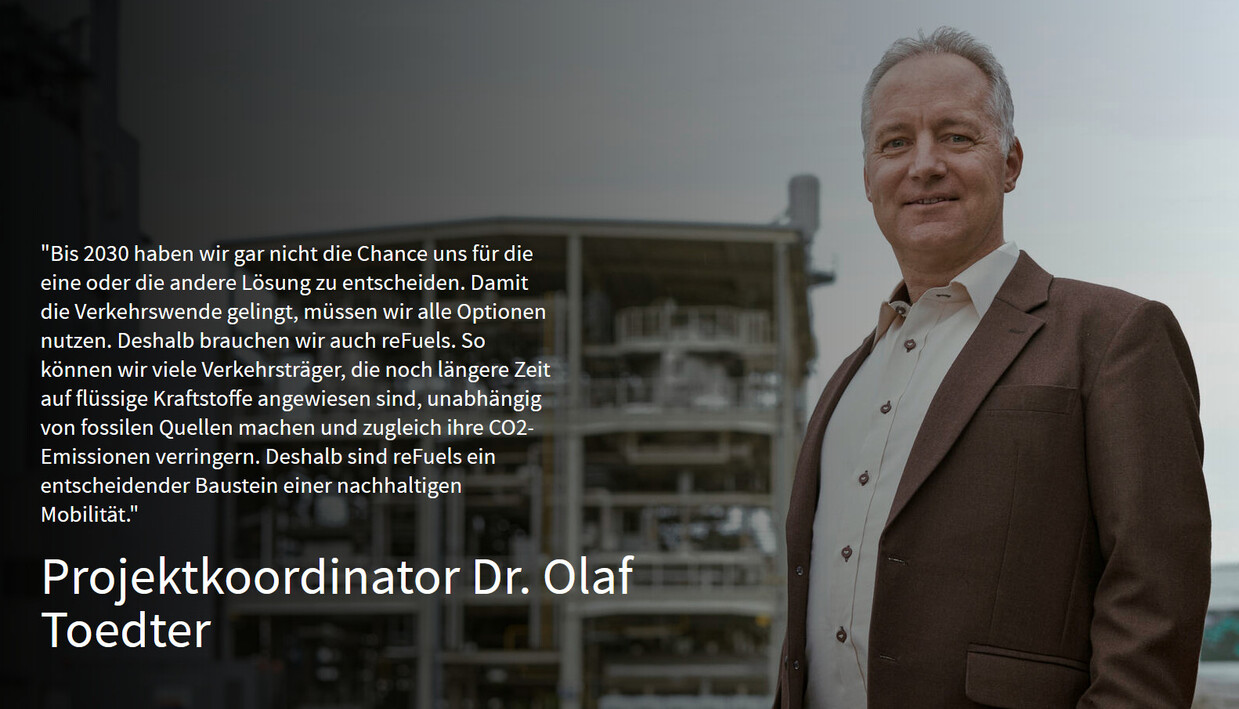- For the first time, large quantities of synthetic diesel and gasoline fuel have been produced from renewable energy.
- The technology for producing the reFuels products has been refined and further developed and their carbon and energy efficiency significantly increased.
- In addition, the developed fuels were tested in vehicles with today's combustion engines. A haulage company in southern Germany drove over a million test kilometers with a fleet of different types of trucks using the reFuels fuel.
- In order to enable larger-scale production and the market launch of reFuels, a concept for a demonstration plant on a refinery scale was developed.
- Finally, the quotas for blending into conventional fossil fuels were increased to 100 percent, resulting in a "reFuels pure fuel".
- All relevant factors, from production processes to costs and product properties through to environmental influences, were evaluated holistically for the first time.
- Discussion events and workshops were held to inform all interest groups, from industry to trade associations, politics, NGOS and consumers, thus involving them in the research process.
- For the first time, large quantities of synthetic diesel and petrol fuel were produced from renewable energies.
- The technology for producing the reFuels products was refined and further developed and their carbon and energy efficiency significantly increased.
- In addition, the developed fuels were tested in vehicles with today's combustion engines. A haulage company in southern Germany drove over a million test kilometers with a fleet of different types of trucks using the reFuels fuel.
- In order to enable larger-scale production and the market launch of reFuels, a concept for a demonstration plant on a refinery scale was developed.
- Finally, the quotas for blending into conventional fossil fuels were increased to 100 percent, resulting in a "reFuels pure fuel".
- All relevant factors, from production processes to costs and product properties through to environmental influences, were evaluated holistically for the first time.
- All interest groups, from industry to trade associations, politics, NGOS and consumers, were informed and involved in the research process through discussion events and workshops.
Can renewable fuels - so-called reFuels - become a game changer in the fight against climate change? And how can they be produced efficiently and cost-effectively? The Karlsruhe Institute of Technology (KIT) has been researching this for several years together with partners from industry, politics and science. In 2019, the research initiative "reFuels - Rethinking Fuels" was created under the umbrella of the Strategy Dialogue Automotive Industry of the State of Baden-Württemberg (SDA). For two and a half years, research was conducted along the entire value chain: from energy suppliers and fuel production to suppliers and system development through to engine and vehicle manufacturers. In the multimedia story "refuels - rethinking fuels" below, we have recounted the content and results of the project. And the work continues in the follow-up project reFuels and the platform project InnoFuels.

Two in one: "reFuels" and "InnoFuels" projects 

Building on the reFuels results, the InnoFuels project was launched in February 2023: The platform project , which is funded by the German government, is working on the prerequisites for the rapid ramp-up of the production of renewable fuels. The aim is to network the many national and European research projects on the topic. The collaboration is intended to help accelerate the production of larger quantities of electricity-based liquid fuels and advanced biofuels. Click on the photo gallery below to find out more about the two projects.
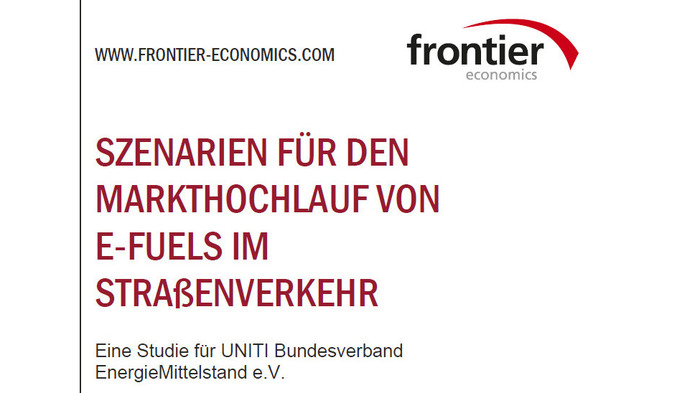
A workshop held in mid-February as part of the InnoFuels follow-up project focused on scenarios for the market ramp-up of e-fuels in road transportation. The project partner, Frontier Economics, had analyzed and evaluated studies from several institutes in detail on behalf of an association. The results provide valuable insights into the expected price development of a fuel mix of fossil and green gasoline and diesel in the coming decades - a crucial basis for planning the market ramp-up. The subsequent discussion based on the diverse experiences of the InnoFuels partners once again provided new impetus.
To study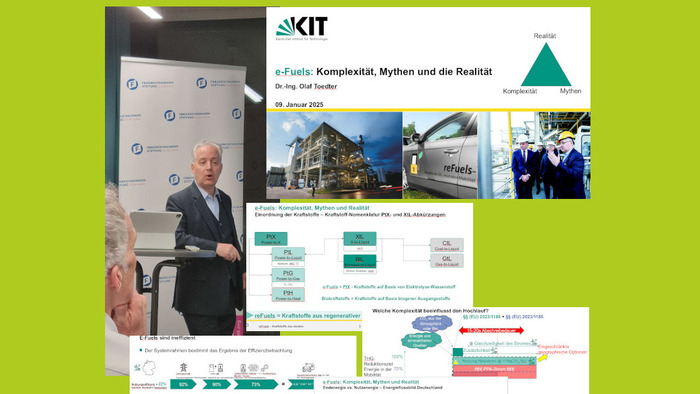
At a recent event organized by the Friedrich Naumann Foundation in Karlsruhe, the focus was on a highly topical issue: eFuels and their role in the energy transition. InnoFuels project manager Olaf Toedter gave a keynote speech aimed at explaining the complexity of the topic, dispelling common myths and providing a clear and well-founded presentation of the reality surrounding eFuels. The entire spectrum of topics was covered: from the terminology of fuels, technical dependencies and regulatory framework conditions for the market ramp-up to the current development of the reFuels ramp-up.
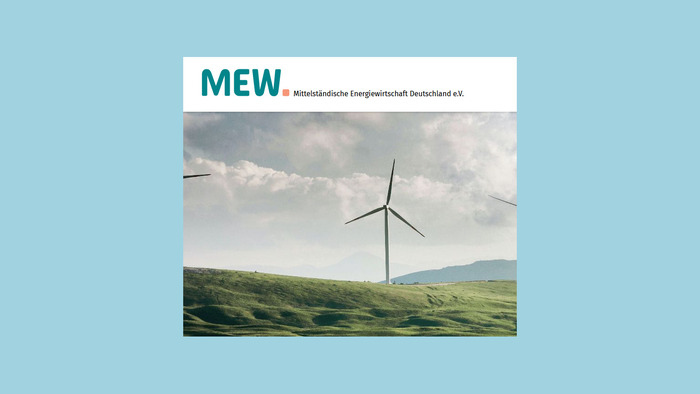
The MEW subsidiaries UTV and AFM+E commissioned a scientific study to demonstrate the compatibility and suitability of the existing infrastructure with HVO 100 and also to compare the characteristic physico-chemical parameters of diesel and paraffinic fuels. One focus of the study was on material resistance to HVO 100.
To study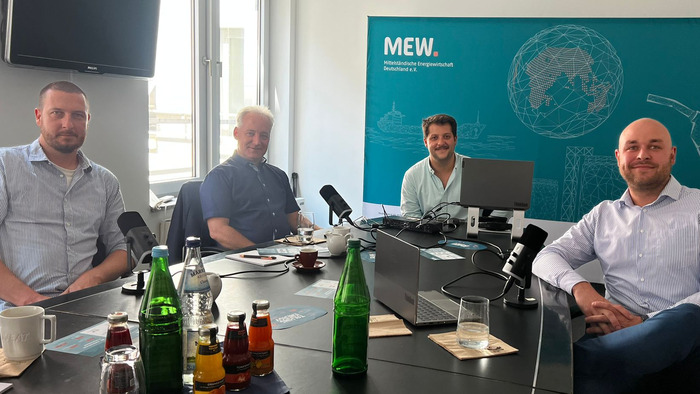
What is HVO? Where can it be used? What opportunities does the fuel offer for climate protection? And what about price and availability? These and other questions are discussed in the latest podcast from MEW Mittelständische Energiewirtschaft Deutschland e.V.. Guests are Olaf Toedter, reFuels project coordinator from the Institute for Reciprocating Engines at the Karlsruhe Institute of Technology (KIT), and Micha Gebhardt, company spokesman at ADAC.
To study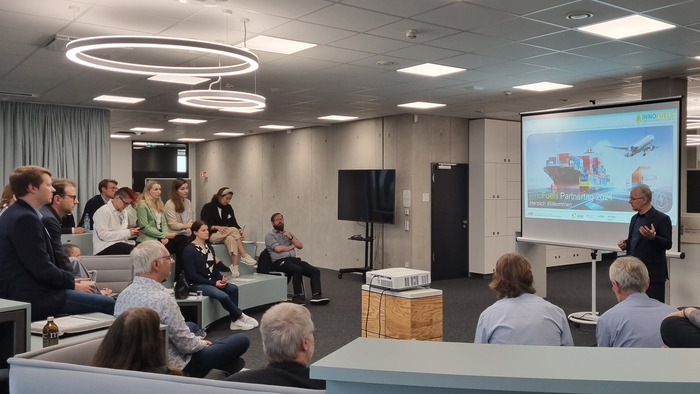
One day after the ISP aviation workshop, the InnoFuels Partner Day took place in Karlsruhe on June 20. It became clear that the intensive exchange between the various innovation focal points is crucial to the success of the project. It is also becoming increasingly clear that the elimination of market deficits is seen as the key to accelerating the ramp-up.
Press release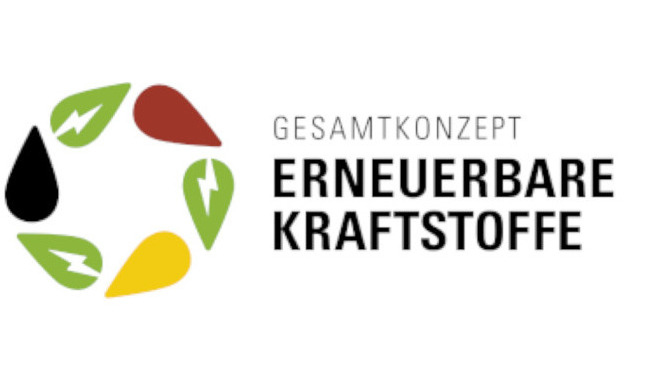
Two new digital tools are now available as part of the German government's overall concept for renewable fuels: Firstly, a program monitor that presents the most important key figures of the funding program for the development of renewable fuels. The second is another interactive monitor that shows all globally announced Sustainable Aviation Fuels projects (as of May 2024). Both monitors provide a comprehensive map of the global distribution of projects as well as information on all important details.
To the tools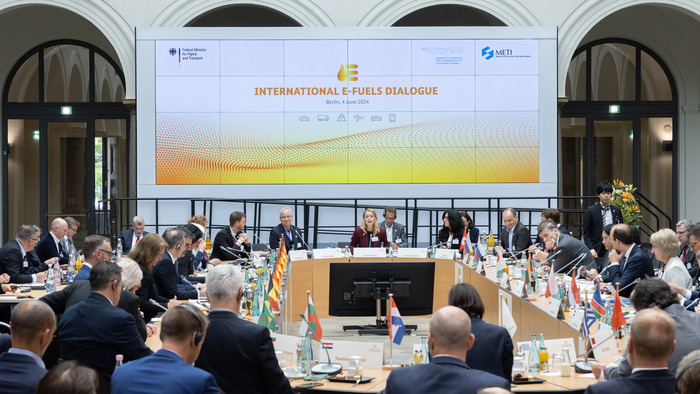
Beim internationalen E-Fuels Dialog waren Vertreter aus Wissenschaft, Wirtschaft und Politik zusammen gekommen, um über die notwendigen Bedingungen für Skalierung und Investitionssicherheit zu beraten. Ausgerichtet wurde die Konferenz in diesem Jahr von Deutschland, Litauen und Japan. Die drei Länder hatten zuvor die sogenannte Berliner Erklärung zum Hochlauf der E-Fuels unterzeichnet. Beim anschließenden internationalen Dialog war auch InnoFuels-Projektleiter Dr. Olaf Toedter dabei.
Zur Presseerklärung des BMDV
HVO 100 has been on sale at some German filling stations since mid-April. The fuel, which is made from waste and residual materials, marks the beginning of a new era, because for the first time consumers can fill up with a fuel that is almost entirely made from renewable energies. In the ARD program KlimaZeit (timecode 19.04), reFuels project manager Olaf Toedter (KIT) explains how he assesses the suitability of the fuel and who will be able to use HVO100 in the future.
to TV reportIt was investigated whether the paraffinic diesel fuel HVO, which was recently approved in Germany, can be used in the existing truck fleet without any problems and whether its use actually leads to the desired CO2 reduction. The answer is an unqualified yes: Yes. This is proven by the test run of several different pairs of trucks in the Stuttgart/Ludwigsburg area, which lasted over three years.
Test-ReportPrevious reFuels results briefly summarized:
| Title | Source | Short Description | |
|---|---|---|---|
| Forschungsbericht 03 | |||
| *ARTIKEL* | |||
| Forschungsbericht 01 |  |
||
| Forschungsbericht 04 |  |
Ökobilanzen im Projekt "reFuels – Kraftstoffe neu denken" |
|
| Forschungsbericht 02 | Regenerative Kraftstoffe im System betrachtet: zur Rolle von reFuels in Energiesystemanalysen |

